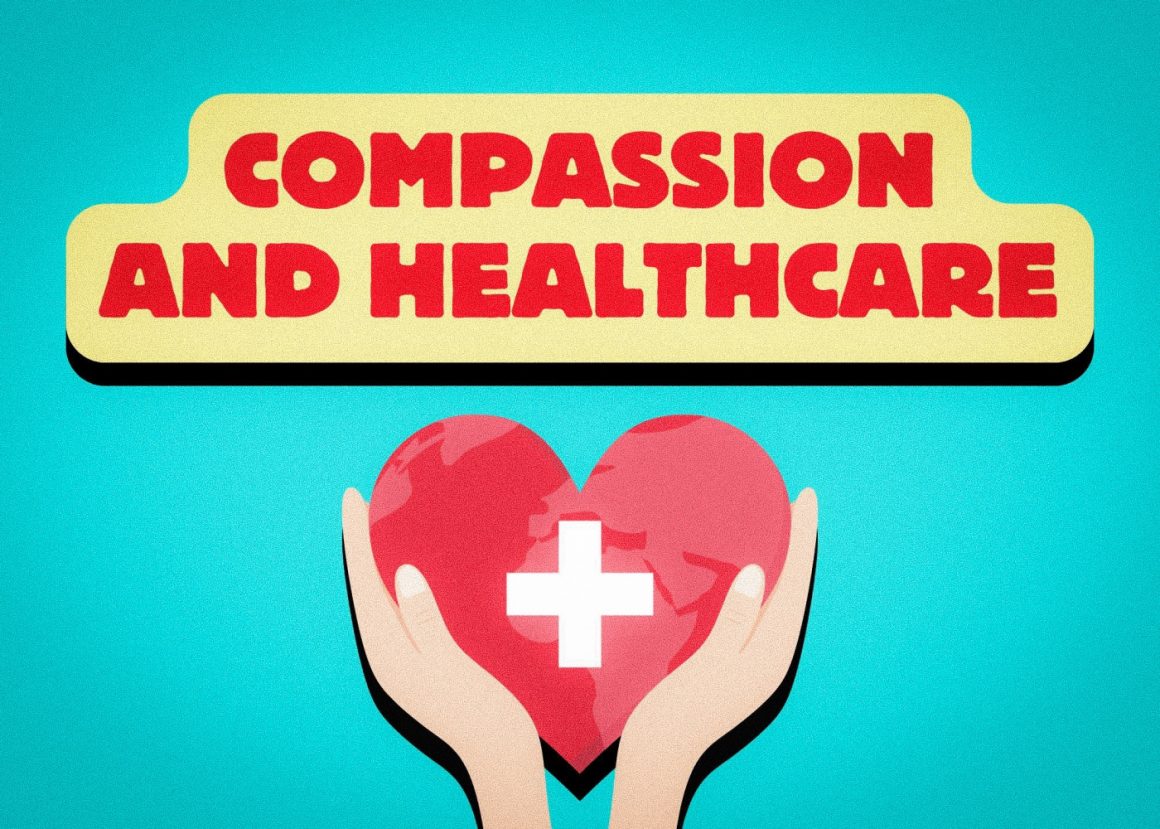
U of C professor discusses compassion and its role in healthcare
By Malia Jolly, September 5 2024—
As Alberta’s healthcare landscape faces growing challenges, from longer wait times to overburdened emergency departments, a crucial yet often overlooked element of patient care is coming to the forefront: compassion. As the healthcare system grapples with improving patient experiences, new research reveals that how care is delivered can significantly impact patients’ overall experience and satisfaction.
The University of Calgary’s Dr. Shane Sinclair — nursing professor and director of the Compassion Research Lab — spoke with the Gauntlet about the results of their groundbreaking study, which surveyed over 4,500 patients across Alberta’s busiest emergency departments, revealing that a simple act of kindness can profoundly influence patients’ perceptions of quality care, surpassing even wait times and clinical communication in importance.
Sinclair explained that compassion plays a crucial role in patients’ perceptions of quality care, particularly in emergency departments.
“The main objective of our recent study was to validate the Sinclair Compassion Questionnaire (SCQ) and assess its effectiveness in emergency department settings. What we found was that compassion, more than any other factor, significantly influences patients’ overall quality care ratings,” Sinclair said.
Sinclair emphasized that compassion should not be viewed as an optional extra in healthcare, but as an essential element that needs to be measured and nurtured.
“We now have strong evidence suggesting that compassion is a critical driver of quality care. It’s not just about technical efficiency or wait times; it’s about the way care is delivered, which includes an compassionate connection with patients,” Sinclair said.
The study also uncovered significant disparities in the experiences of different demographic groups, particularly among Indigenous patients and women.
“We observed that Indigenous patients and women reported lower compassion scores compared to white patients and men. This highlights the need for more targeted efforts to improve the delivery of compassionate care to these groups,” Sinclair explained.
Sinclair discussed how healthcare institutions can use these findings to enhance patient care.
“First and foremost, I believe compassion should be measured as a standard part of care, alongside other key performance indicators. Organizations need to recognize and foster the compassion that healthcare providers already bring to their work. Additionally, we need to provide training to help providers tailor their compassionate care to meet the needs of each patient,” Sinclair said.
Sinclair also addressed the common misconception that compassion is something that should come naturally to all healthcare professionals.
“While many healthcare providers are inherently compassionate, there can be a gap between their intentions and how patients perceive their care. This is why training is crucial — to ensure that the compassion healthcare providers intend to deliver is actually received by patients in the way it’s meant to be,” Sinclair said.
The study’s implications extend beyond Alberta, offering a model that could be used to improve healthcare systems worldwide.
“We now have a validated measure of compassion that can be applied at more granular levels, allowing healthcare providers to receive feedback on their performance and make improvements where necessary. This could revolutionize how we approach patient care, making compassion a central focus,” Sinclair concluded.
The study was a collaborative effort, with significant contributions from various team members, including Harrison Boss, a PhD student in psychology. Their combined efforts were instrumental in advancing this important research on compassion in healthcare.
More information about Sinclair’s study and the Compassion Research Lab can be found on the Lab website and Compassion Measure website.
